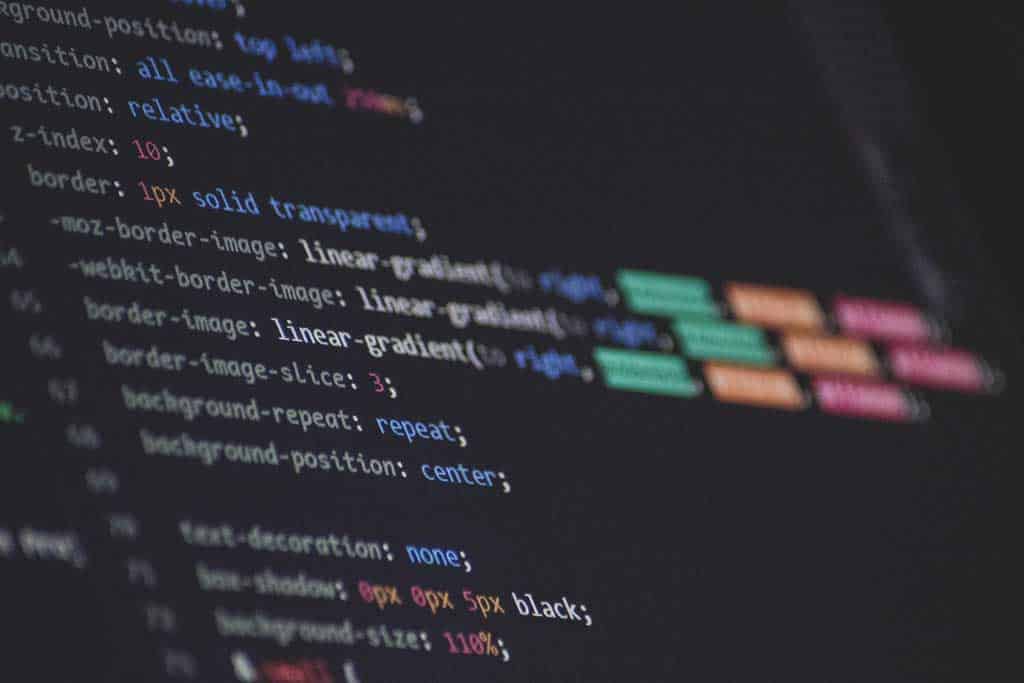In an age of rapidly developing technologies, we have also created an absolute reliance on technology in all areas of our lives, from our homes to our work places. While this incredible rate of change has helped develop new business revenue streams, strategies, efficiencies and intelligence, it has also exposed us to new vulnerabilities.
We are living in a world where data is a valuable commodity – and it is a commodity that is being collected, transferred and stored in ways which are often easy to intercept and use for profit and social engineering.
The implementation of the European GDPR mandate has helped encourage best practice by implementing fines to make the consequences of data breaches more understandable. However, there is still the constant threat of increasingly sophisticated hacks which businesses are having to battle to keep their valuable data secure.
Understanding Blockchain
The blockchain is a shared distributed ledger technology. It works at both a public and private level and stores data in validated blocks. Fundamentally, it relies on blocks linking and working together, as opposed to emanating from a central infrastructure that relies on spotlight protection.
You can think of blockchain as a honeycomb where new transactions or interactions result in a new, additional block. The blockchain can’t be replicated; it can only be added to, so the state of the blockchain is constantly validated by its users who take responsibility for an element of a block. Each new iteration is identified as the nation state, but each previous iteration is recorded. It means there is always an immutable record of what has gone before.
Blockchain operates on an algorithm-based consensus principle, whereby it is the computing power that validates if an entry is authentic and therefore accepted or denied. It can track assets from entry across an end-to-end transactional journey (such as a supply chain, for example) so we can have a full picture of exactly what has happened, when.
How blockchain is being used today
An exponential growth in the use of blockchain technology in areas like finance, technology products and all socio-economic markets has already been seen. For the future of data protection, blockchain has a transformative advantage. Each piece of data is irrevocably recorded e.g. akin to the traditional handwritten entries in a ledger. This assists the protection of data as defined by GDPR.
As the blockchain is in a perpetual state of use and replenish, the data entry points shift, and this makes it considerably harder for cyber criminals to falsify access. Traditional password protected systems can be scammed with fake passwords or identification certificates, while the blockchain moves so quickly, and is geographically and device agnostic, that it makes it difficult for cyber criminals to be effective.
One of the problems that we face with blockchain is that it is a foundational technology. Meaning that while it has great potential for change and presents opportunities to improve security, it is something that companies have to build on top of. This, in short, means that it may take some time before the technology is part of the foundation of their online systems, leaving businesses open to cyberattacks while they lay the foundations for our new concrete defence.
Building blockchain into the foundations
While it may be a while before we see blockchain as the new standard for cybersecurity, it is still offering breakthroughs for new businesses who are already adopting blockchain within their foundations. Embracing the technology now is a defence against the future because, as we say at Uncloak, “prevention is better than cure” and the blockchain allows us to create a huge global network of hackers that get paid for finding issues in software without us having to first validate the hacker and faster than any other currently available system. The implementation of blockchain can also provide that preventative measure, securing data systems against breaches before they happen.
In a keynote address at The Block Chain Conference in San Francisco in February 2018, IBM’s Global Blockchain Offering Director John Wolpert says, “You need a fabric that allows for lots of competition on platforms and huge competition on solutions. We need to evolve the Internet to become economically aware and this Internet is not going to be an application, it will be a fabric.”
Companies are starting to pull back the fabric to reveal real world opportunities that blockchain can offer. Businesses integrating blockchain now are at forefront of a cultural shift in how we protect our data.
Tayo Dada is a cyber security expert and the founder of Uncloak.io, the world’s first blockchain powered cyber security solution.





